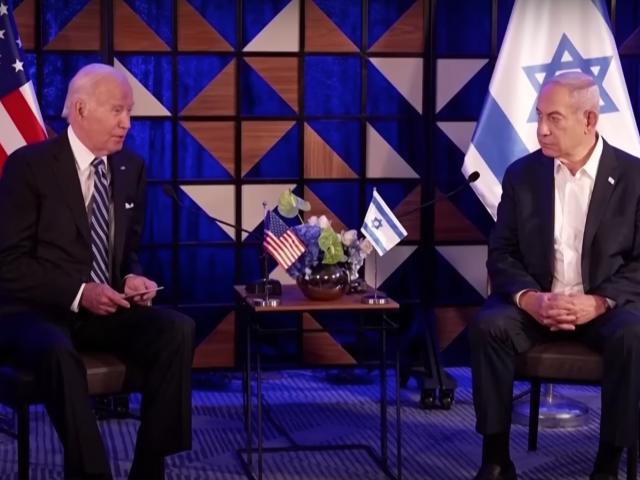The Biden administration has expressed understanding toward Israel's reservations regarding a potential hostage agreement with Hamas, as per a report from Israeli public broadcasting network Kan Reshet Bet. This understanding highlights the complexities of negotiating terms that involve sensitive security concerns, such as the full clearance of the humanitarian corridor in Gaza and the controlled return of Gaza's northern residents in case of an agreement.
In the midst of intensified diplomatic endeavors to resolve the hostage crisis, Israel's Defense Minister Yoav Gallant engaged in discussions in Washington about a possible military strategy in Rafah, underscoring the gravity of the situation.
Funny, where is SA and others in support of stopping constant attacks and Hamas suppressing and starving their own people? World Court orders Israel to halt Gaza famine; Hamas says ceasefire needed https://t.co/L8VJEJBtkq
— NO More US Mushooms (@NomoreUSshrooms) March 29, 2024
Hamas, recognized internationally as a terrorist organization and governing the Gaza Strip, reiterated its conditions for the deal, including the IDF's withdrawal from Gaza, the repatriation of Gazans, and a wholly unbalanced prisoner exchange. These demands came after Israel agreed to a U.S.-suggested compromise on the number of Palestinian prisoners to be released, marking a tentative step forward in the negotiation process. Israel agreed to a ratio of close to 20-1 prisoners, including murderers for hostages, but Hamas has been insisting on far more and to date, has not even provided Israel with proof-of-life of the hostages, nor allowed international aid agencies to visit the hostages and provide needed medicine.
Israeli Prime Minister Benjamin Netanyahu sanctioned the involvement of top intelligence officials in further negotiations in Cairo and Doha, following Hamas's refusal of previous proposals from Israel, Qatar, Egypt, and the U.S. Netanyahu has pledged full support to the heads of Shin Bet and Mossad for these critical discussions, aiming to navigate through Hamas's rejection, which Israel perceives as a consequence of a damaging UN Security Council resolution that called for an immediate ceasefire without addressing Hamas's October 7 attacks.
The Israeli government, standing firm against what it views as Hamas's unrealistic demands, emphasizes its refusal to yield to pressures that could compromise its security and sovereignty. This stance is part of a broader dialogue involving international actors, reflecting the intricate balance of diplomacy, security, and humanitarian concerns in the quest for peace and stability in the region.
Joined @RepAndyBiggsAZ in demanding that President Biden stop undermining Israel after he allowed a UN ceasefire resolution to pass.
— Congressman Josh Brecheen (@RepBrecheen) March 28, 2024
The Biden Admin has made us weaker on the world stage. America must stand with Israel! https://t.co/tJcMQ7LH9H
The evolving dynamics of these negotiations, including the U.S. abstention from a UN Security Council vote criticizing Israel's war tactics, underscore the international community's challenge in addressing the humanitarian crisis in Gaza while ensuring Israel's security needs and combating terrorism. This delicate situation requires nuanced understanding and collaboration among all parties involved to achieve a sustainable resolution. The fact that the United Nations has placed the onus of a ceasefire solely on Israel and ignored Hamas's barbaric October 7th attack that sparked the conflict has only emboldened the terror group.


